Part 2 - Who Decides What Stories We Live By?
- ebszabo
- Jan 23, 2024
- 3 min read
Updated: May 28, 2025
“Definitions belong to the definers, not the defined.” Toni Morrison
Language is not neutral, and the interests of those in power have overwhelmingly determined what stories make history, what stories make news, and what stories are buried. The powerful determine who belongs and who is ‘other’.
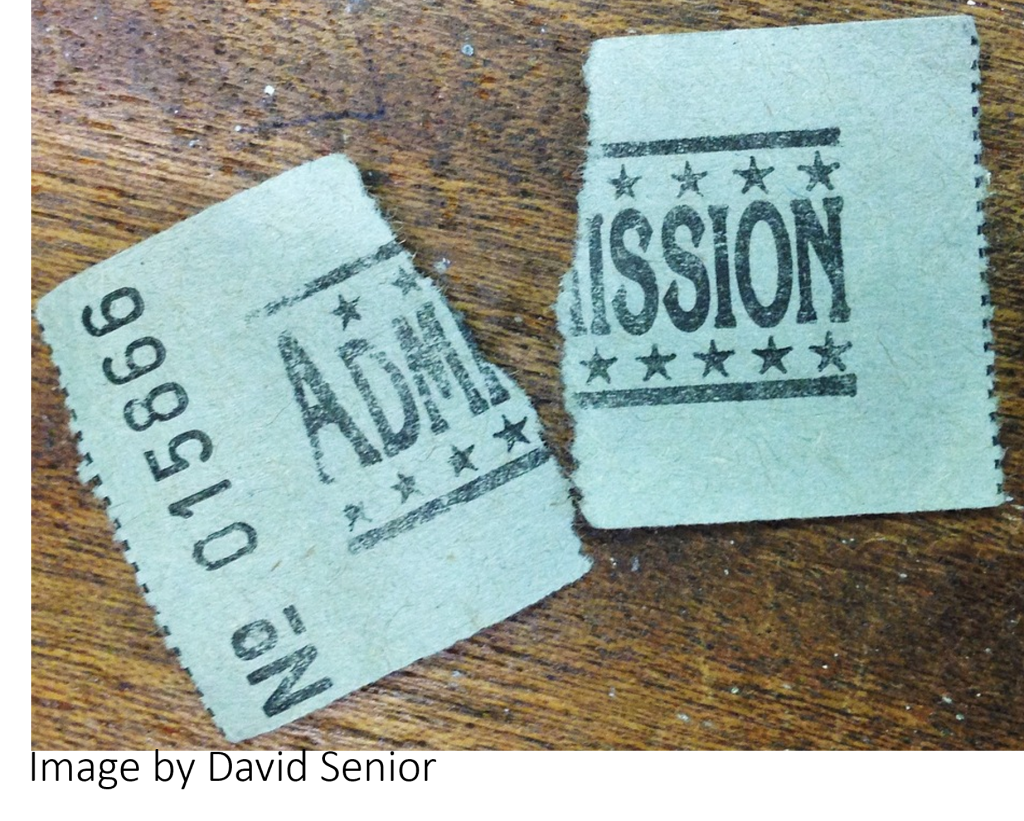
In the 1970s the French philosopher and historian, Michel Foucault, wrote extensively about the relationship between knowledge and power. He argued that language and discourse, through which society constructs standards of behavior, are agents of dominant social interests.
My parents were academics, and I grew up in a house where nearly every room had at least one wall lined with books. They reflected my parents’ eclectic tastes in fiction, nonfiction, poetry and prose, and I had unrestricted access. I thought everyone had that freedom, but in high school, when I loaned Lady Chatterley’s Lover to a friend, her mother burned it because she found it obscene. That was my first exposure to book banning and the concept of reading as a subversive act.


In the 1960s and early 70s revolution was everywhere. My parents were unconventional, agile thinkers who taught me to think critically and speak up against injustice. We watched news of the civil rights movement, feminism and anti-war protests on our small, black-and-white television. On university campuses, students wearing bellbottoms, long hair and peace signs staged sit-ins and protest marches. They celebrated counterculture, rejected conventional mores and challenged authority. My father wrote to my high school excusing me from attendance so that I could join peace marches.
The feeling that youth could change the world for the better was infectious, and many of us felt giddy with hope. In school, I chafed at lectures and textbooks featuring tidy blocks of text and illustrations that featured the achievements of men and historical events that felt sanitized and abridged. They were unrelatable and I didn’t trust what I was reading. I attributed my boredom and frustration to the antiquated customs and dearth of notable women.
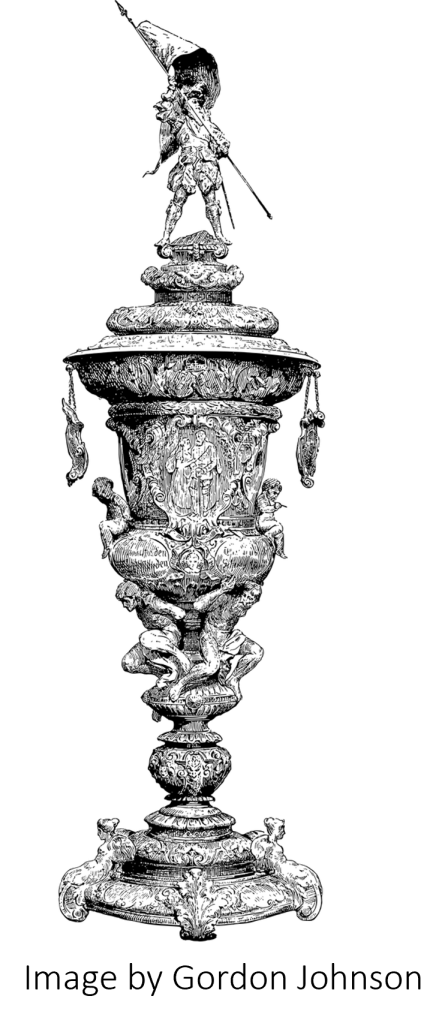
“History is written by the winners.” is often attributed to Winston Churchill, however, other attributions date as far back as the 18th century.
It would be years before I understood how, as a middle class, heterosexual, white person, I did not have the experience or vocabulary to identify or consider the range and depth of the systemic racial, ethnic, gender, and economic biases all of us are exposed to from the time of our birth.
Meaningful change requires that we acknowledge and challenge the inherent biases in our historical records and the meaning attached to the words we use. The following books are an excellent start (click on each to learn more).
Until recently, the dictionary definition of racism focused more on individual prejudice than systemic oppression.

In June 2020, Kennedy Mitchum, a young college graduate, convinced Merriam-Webster to revise their definition of racism to emphasize the systemic oppression that contributes to discrimination. Mitchum argued, “It’s not just disliking someone because of their race…lives are at stake because of the systems of oppression that go hand-in-hand with racism.”
Changing the world, one word at a time
The curriculum that I designed for Creative Writing for Social Work at the University of Iowa School of Social Work evolved over the years from a primary focus on the benefits of creative writing for personal transformation and healing, to include an emphasis on the role of language and stories in social justice advocacy.
As writers of fiction and creative nonfiction we are in an opportune position to influence readers by fostering connection and engaging imaginations. Stories are power.
NEXT: Part 3 – Creative Writing for Social Justice

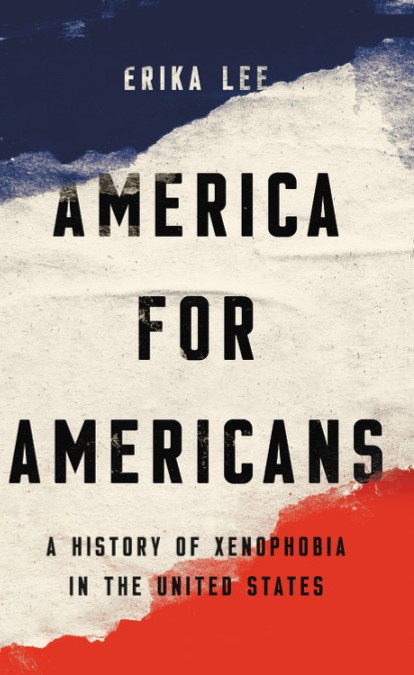
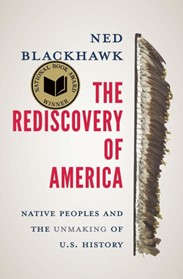
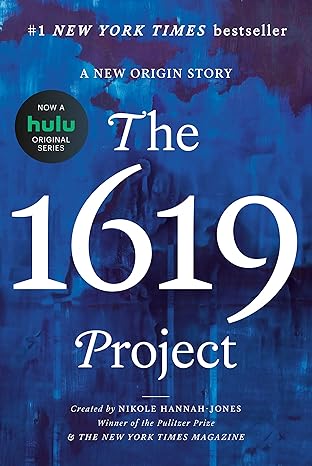



Comments